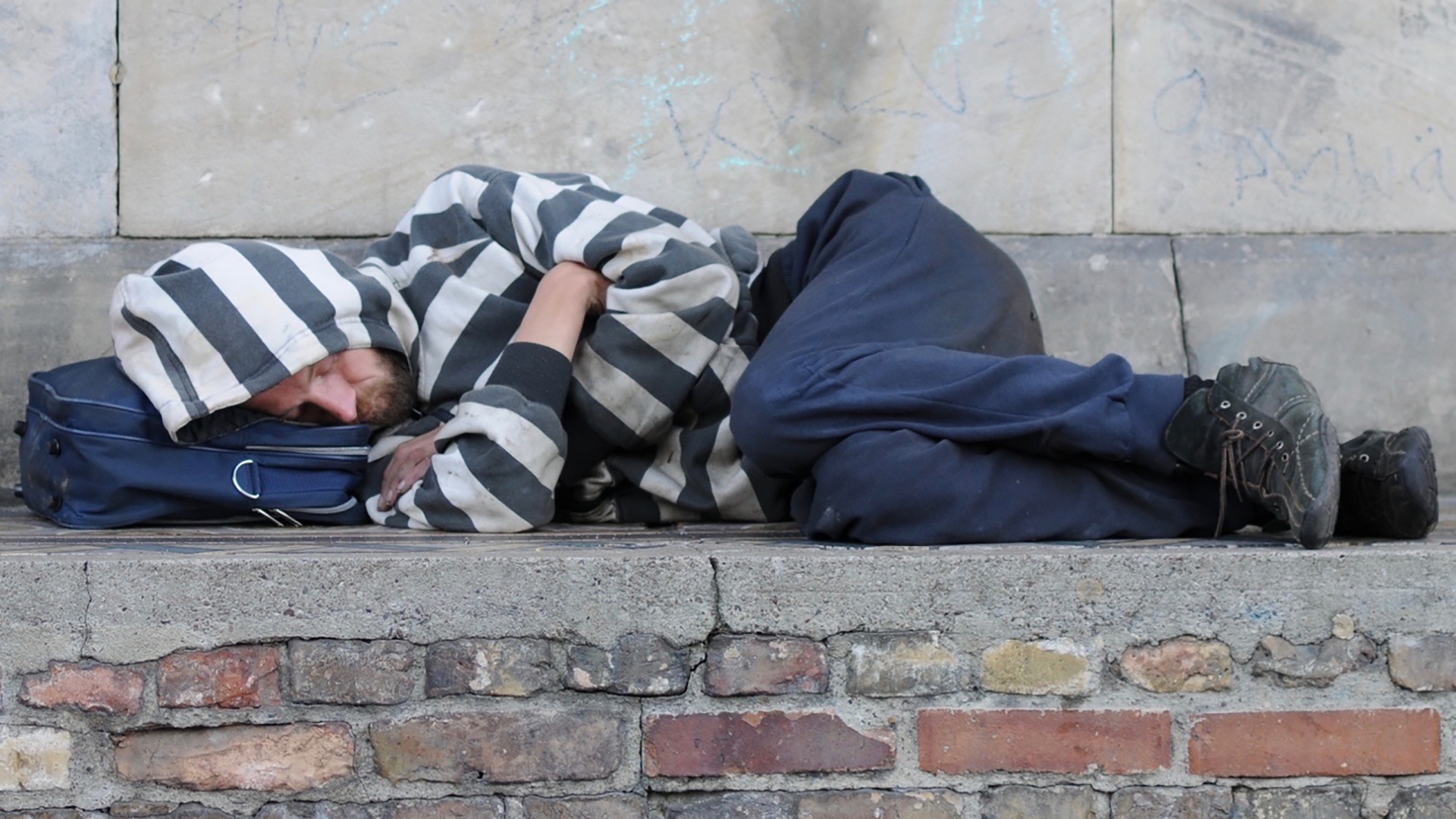“A ‘snapshot’ is just that, a moment in time and a number as a result. Behind each qualifying ‘number’ is a human being, a person who has a life that none of us would really wish to entertain but who most of us would like to help.”
The statistics paid particular attention to the Government’s Rough Sleeping Initiative, reporting that there was a 12 per cent rough reduction seen across the 244 local authorities that received RSI funding.
Robertson added: “The Government’s targeted ‘Rough Sleeper Initiative’ has produced encouraging percentage reductions and announcements about further funding should be welcomed. However, dealing with the immediacy of a deep problem should be a natural humanitarian response to a crisis.
“The crisis itself is the result of there being not enough affordable, safe and secure homes in this country. The lack of investment in socially affordable homes alongside the fact that housing benefit does not match market rents means that committed money will not in itself prevent the problems from continuing to occur.”
Today’s reveal came just hours after Boris Johnson vowed to help the homeless by ending rough sleeping “once for all” and promised an extra £236 million to meet the Government’s target of achieving that goal in the next five years.
Advertising helps fund Big Issue’s mission to end poverty
The majority of the new funding will be poured into new Housing First-style ‘move on’ accommodation for up to 6,000 rough sleepers.
The Prime Minister also announced that homelessness tsar Dame Louise Casey will undertake an urgent review into additional actions that can be taken to end rough sleeping.
The government has also created a new role to specifically deal with rough sleeping. Gravesham MP Adam Holloway was appointed as Parliamentary Private Secretary to Communities Secretary Robert Jenrick.
“It is simply unacceptable that we still have so many people sleeping on the streets, and I am absolutely determined to end rough sleeping once and for all,” said Johnson.
“We must tackle the scourge of rough sleeping urgently, and I will not stop until the thousands of people in this situation are helped off the streets and their lives have been rebuilt.”
However charities have called on the Government to step up funding for building social homes and returning frontline services to previous levels to ensure they hit their target of ending rough sleeping.
Advertising helps fund Big Issue’s mission to end poverty
Lucy Abraham, chief operating officer for London charity Glass Door criticised the official figures.
“These statistics grossly underestimate the true scale of homelessness. We know that many of the borough-coordinated street counts took place after Glass Door and many other charities had opened their shelter doors to rough sleepers for the winter,” she said.
“These figures matter because they are used to allocate resources to tackle homelessness in London. If the government is committed to measuring the number of people who need support around their homelessness, they need to recognise those sleeping in emergency winter night shelters.”
Howard Sinclair, St Mungo’s CEO, added: “We are pleased that the Prime Minister has committed to ending rough sleeping by 2024, but so far new initiatives are wholly insufficient to tackle the causes of homelessness. The funding that has been announced is simply not enough and too short term. After a decade of cuts and rising homelessness, the Government must act now to put back the one billion pounds to bring back the vital services that have been lost.”
And Polly Neate, chief executive of Shelter, said: “You can’t put a plaster on a gaping wound. Serious investment in social housing is what’s needed. The upcoming budget is the perfect opportunity to champion a new generation of social homes and increase housing benefit, so it covers the basic cost of private rents.”
Advertising helps fund Big Issue’s mission to end poverty









